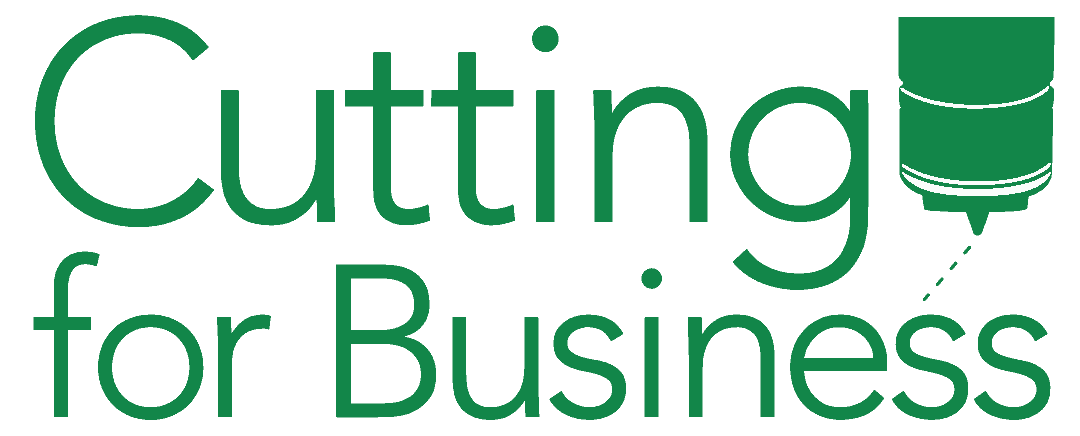Affiliate Disclosure: As an Amazon Associate I earn from qualifying purchases. Additionally, I may get commissions for purchases made through other affiliate links in this post.
Happy Tax Day! Do you ever wonder if your side hustle is a hobby or a business? Let’s take a look from the eyes of the IRS.
While you might call yourself a hobbyist – you’d better be sure that the IRS agrees with you. Today, I’m sharing criteria about how to IRS defines a business, and I’m giving you a list of benefits if you decide to incorporate your business.
Did you know that in many states you can register a new business online – without the help of an attorney!
IRS Criteria for Businesses versus Hobbies
“In making the distinction between a hobby or business activity, take into account all facts and circumstances with respect to the activity. No one factor alone is decisive. You must generally consider these factors to establish that an activity is a business engaged in making a profit:
- Whether you carry on the activity in a businesslike manner.
- Whether the time and effort you put into the activity indicate you intend to make it profitable.
- Whether you depend on income from the activity for your livelihood.
- Whether your losses are due to circumstances beyond your control (or are normal in the startup phase of your type of business).
- Whether you change your methods of operation in an attempt to improve profitability.
- Whether you or your advisors have the knowledge needed to carry on the activity as a successful business.
- Whether you were successful in making a profit in similar activities in the past.
- Whether the activity makes a profit in some years and how much profit it makes.
- Whether you can expect to make a future profit from the appreciation of the assets used in the activity.” Source
Benefits to Registering or Incorporating Your Business
- Reputation: You are no longer just a person that crafts at home, you are a registered business. For many potential customers, this increases your credibility.
- Tax deductions: All the supplies that you’ve been buying become tax deductions!
- Legal protection of your name: Once registered, another company cannot legally use your business name (this varies state to state).
- Loans and grants: Once you have a registered business, you may be able to qualify for small business loans or small business grants to help grow your business.
- Liability: Rather than being personally liable for the products you make, in many cases, the business becomes liable.
- Wholesale pricing: Registered businesses and companies can apply for tax ID numbers which allow you to purchase from select wholesale sites, or buy items for resale and not pay taxes on them.
- Credit card processing: Businesses can often negotiate better credit card processing rates – which will ultimately allow to you save money.
How to Register Your Business or Incorporate It
Unfortunately, each state is different for registering a business and requires different forms and fees. Head to this post for links to where to go in your home state. If you are not confident about the process of starting a business in your state, or don’t want to take a chance of omitting something, I have used incorporate.com in the past. They make it really easy and it’s fast – generally a few business days.
Was this information helpful? Save the image below to Pinterest.

Since 2015, Christine Schinagl has been helping crafters start and run craft businesses through her blog, Cutting for Business. As a Silhouette and Cricut crafter herself, she has a unique take on what works and what doesn’t work in the craft business world. She also enjoys teaching other crafters how to create digital SVG designs, available at through the Design with Me series.
